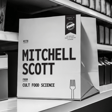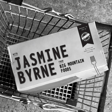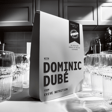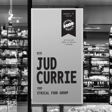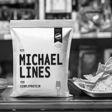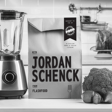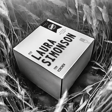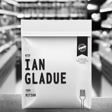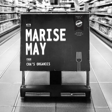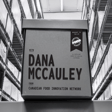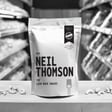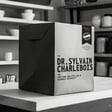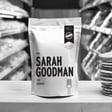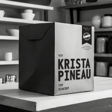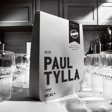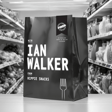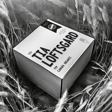
Jonathan Ferrari | Goodfood
In this episode I’m joined by Jonathan, co-founder of Goodfood, a Canadian meal kit pioneer that’s helping thousands of households cook fresh, high-quality meals with locally sourced ingredients.
From tackling food waste to cheerleading Canadian farmers and producers, Goodfood is more than just a meal kit company—it’s redefining how Canadians engage with their food.
We discuss the shift toward more local and sustainable sourcing, how meal kits help reduce food waste, and why affordability is key to expanding access to organic and premium ingredients. AND, we dive into the company’s recent acquisition of Genuine Tea and their plans for future retail expansion.
To learn more go to https://www.makegoodfood.ca/
To learn more about who’s behind this podcast and how we help food and beverage brands grow faster, visit https://www.ethicalfoodgroup.com/.
Here’s a summary of this interview:
The Power of Local Sourcing: Jonathan emphasizes the need for stronger Canadian supply chains, working with 80+ farmers and producers to reduce reliance on imports and ensure fresher ingredients for customers.
Personal Passion for Organic & Sustainable Food: Becoming a father changed Jonathan’s approach to food, leading him to prioritize organic meats, pesticide-free produce, and clean ingredients in Goodfood’s meal kits.
Scaling a Meal Kit Empire: Since launching in 2014, Goodfood has grown to serve over 100,000 households weekly, delivering 15 million meals a year across Canada.
Reducing Food Waste with Meal Kits: By delivering perfectly portioned ingredients and ordering on a just-in-time basis, Goodfood prevents significant waste compared to traditional grocery shopping—where, for example, 76% of bagged lettuce goes uneaten.
The Art & Science of Recipe Development: From family-friendly classics to premium artisan meals inspired by Michelin-starred chefs, Goodfood caters to a broad range of dietary preferences, including gluten-free, paleo, and plant-based options.
The Competitive Meal Kit Landscape: As the industry has consolidated in Canada, Goodfood has become one of only two national players alongside HelloFresh, reflecting its staying power and consumer demand.
Expanding Beyond Meal Kits: Goodfood has started integrating market add-ons like desserts, drinks, and appetizers—and is now eyeing retail expansion to bring their products to grocery stores and convenience outlets.
Acquiring & Scaling Emerging Brands: The recent acquisition of Genuine Tea marks the beginning of Goodfood’s next phase—leveraging its infrastructure to help other mission-driven food brands grow.
Technology-Driven Freshness & Efficiency: Goodfood’s in-house technology enables real-time inventory tracking and direct-to-consumer delivery, ensuring ingredients reach customers up to seven days fresher than traditional grocery supply chains.
Celebrating Local Partnerships: From Eight Acres’ regenerative grass-fed beef in Manitoba to Montreal’s Casa Ravioli fresh pasta, Goodfood’s partnerships are fostering a stronger, more resilient Canadian food ecosystem.

